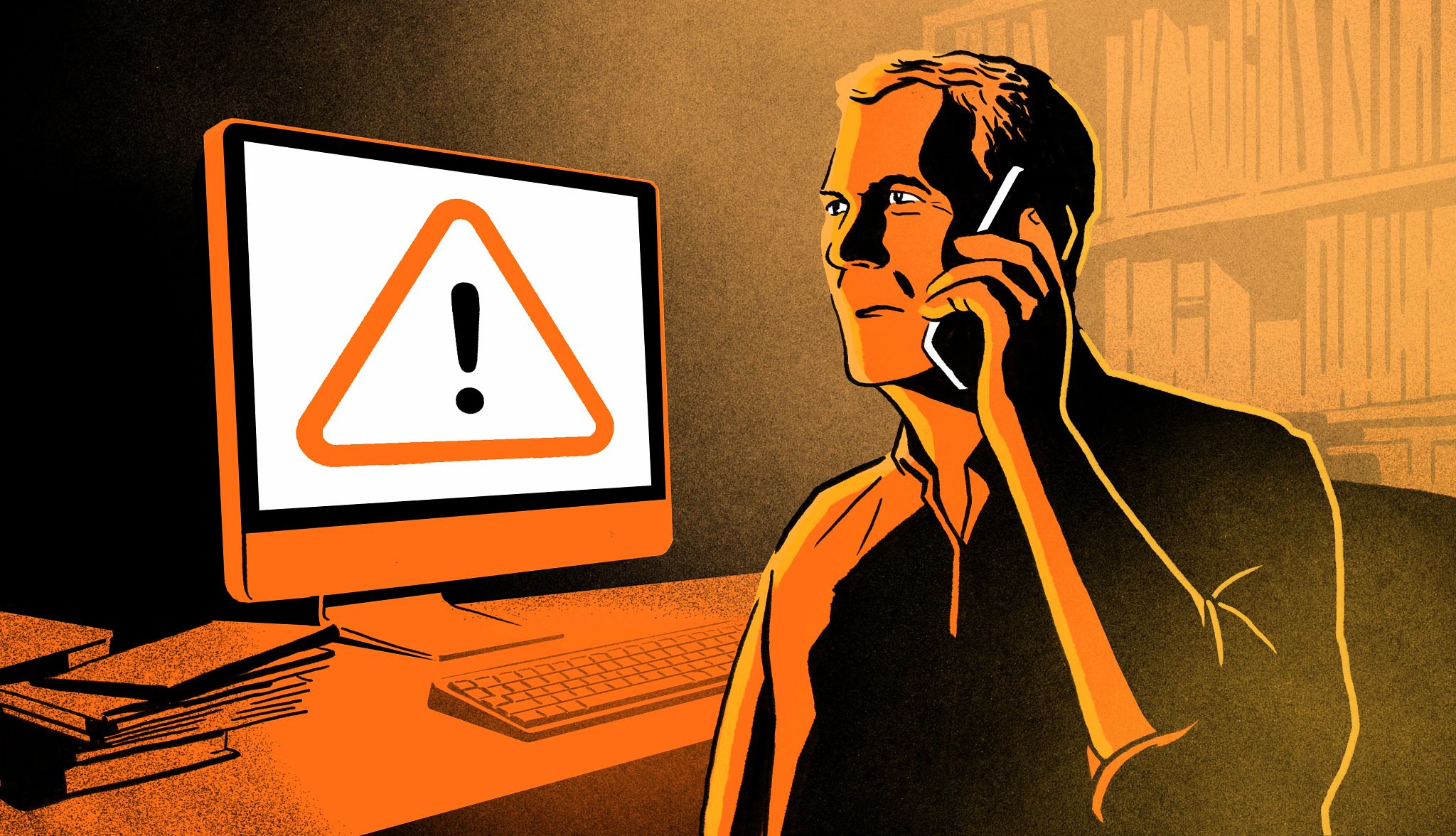AARP Hearing Center


Last December, Pat Holden, 76, of El Cajon, California, received what appeared to be an email from Amazon, offering a three-month free membership to the Amazon Prime service, which provides free shipping on eligible items, among other perks.
Holden, a former official with the Better Business Bureau (BBB), normally is wary of such unsolicited pitches. But the high-quality graphics in the email looked authentic, and the offer was attractive.


AARP Membership— $12 for your first year when you sign up for Automatic Renewal
Get instant access to members-only products and hundreds of discounts, a free second membership, and a subscription to AARP the Magazine.
“I had just thought about getting Prime,” Holden recalls. “So I jumped on it, which you should never do.”
She filled out and submitted the application, including her credit card number, but when she didn’t receive an email acknowledgment, she became suspicious. When she pulled up the original offer, she saw that it hadn’t come from an Amazon address.
Many of us might begin to panic, but Holden kept her cool. She called Amazon, and confirmed that the offer hadn’t come from the company. “‘You’ve been scammed,’ they told me,” Holden recalls. “ ‘Call your bank.’ And that’s exactly what I did.”
Bank officials agreed to put a hold on any suspicious transactions on her credit card.
Thanks to Holden’s immediate action, she didn’t lose any money to the criminals. Online safety and anti-scam experts wish more Americans would respond to scams just as quickly, as fraud has become an epidemic — increasingly sophisticated and financially devastating.
As soon as you realize you’ve experienced a scam, it’s crucial to take certain steps to prevent money loss and identity theft in its aftermath.
And note that at any point you can contact the free AARP Fraud Watch Network Helpline, 877-908-3360, where trained fraud specialists provide support and guidance on what to do next and how to avoid scams in the future.































































More From AARP
3 Ways to Help a Loved One Affected by a Scam
Ease their burden by offering compassion and assisting with financial and emotional recovery
How AARP's Fraud Watch Network Helpline Is Fighting for You
Volunteers are on duty every day to provide emotional support and practical advice to scam victims
Many Victims Struggle With Mental Health in Scams’ Aftermath
Experiencing fraud can often be both financially and emotionally devastating
Recommended for You